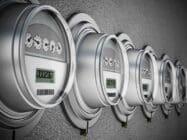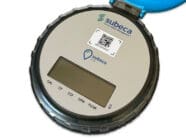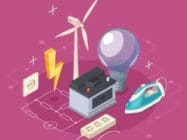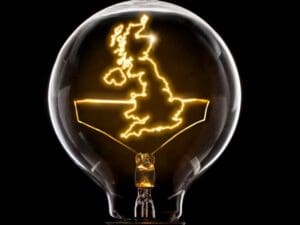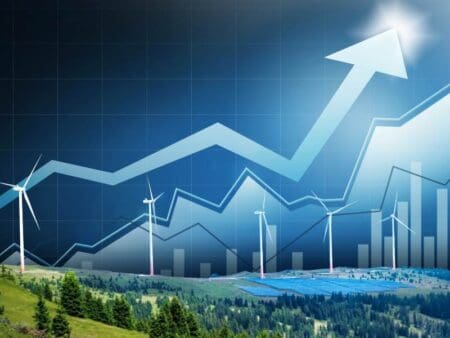
Thirteen of the 27 EU countries have now reported completing their smart metering rollouts with penetration greater than 80% but eleven are lagging far behind.
Sweden, Denmark, Finland, Estonia, Spain, Norway, Luxembourg, Latvia, Italy, France, Malta, Slovenia and the Netherlands have reached the 80% penetration rate.
A further four countries, Portugal, Austria, Great Britain and Ireland, are progressing their rollouts, with three of them targeting 80% by 2024.
However, six countries, Belgium, Croatia, Poland, Slovakia, Lithuania and Hungary, have barely started theirs, while five, Bulgaria, Cyprus, Czechia, Germany and Greece, have very few or no smart meters.
Have you read?
Europe’s grids need anticipatory planning and investment – Eurelectric
Energy Transitions Podcast: Europe’s urgent need for flexible balancing power
These are among the findings in the 2023 retail market study – based on 2022 data – from the Agency for the Cooperation of Energy Regulators (ACER) and the Council of European Energy Regulators (CEER).
The report, which is focussed largely on the energy crisis and the increases in energy prices in 2022 with recommendations based on the lessons from that, regrets that the 11 countries have barely started the smart metering process.
Their non-availability is a key barrier to consumers receiving regular and accurate metering data in a timely manner. Without that, they are unable to take advantage of the opportunities to respond to real-time price signals.
Moreover, for innovative market players, the lack of smart meter rollout can be a barrier to market entry and thus to competition. As new suppliers enter the market and offer real-time billing, consumers may respond by switching to other suppliers.
As far as switching – a key measure of consumer engagement – goes, for both electricity and gas the rates decreased in over half of member states in 2022 compared to previous years, although increasing in others. Possible reasons for these lower switching rates are related to pricing and the emergency measures taken during the energy crisis.
The other measure of consumer engagement reviewed in the report is energy communities. At this stage, the impact of energy communities is relatively small in terms of the number of initiatives, people involved and citizen-owned renewable capacity, but the interest of citizens in getting involved seems to have increased during the energy crisis.
In order to facilitate their development a clear and workable definition of energy communities and an enabling framework with the transposition of European rules in national legislations are needed.
Retail market structure
The report notes the heightened risk of the energy crisis triggered an uptick in the number of retail suppliers exiting the retail electricity market, reaching 62 due to financial problems in the residential market in 2021, up from eight in the previous year. However, the number dropped again to 23 in 2022, almost half of them in Spain.
Nevertheless, new suppliers have continued to enter the market with the number relatively high in countries where many suppliers exiting the market.
Similar patterns have been observed for supplier exits in the gas retail market.
From a supplier perspective, a key lesson learned from the energy crisis was to keep open lines of communication with all customers.
In response to increased prices, consumer complaints increased in 2022, primarily related – where data is available – to invoicing/billing and debt-collection and by almost half and double respectively compared to 2021.
While some energy companies’ customer services struggled to cope with the unexpectedly high volume of contacts, others found that engaging with their customers created opportunities to help consumers through the energy crisis, to the benefit of both the customer and the supplier.
Engaging with customers will therefore be key to the energy transition, the report states. Smart metering is one of the tools to facilitate this communication. Offering dynamic price contracts, in addition to hybrid or fixed price contracts, is another way of encouraging consumer participation from the demand side of the market.
Other findings in the report include the increasing share of electric vehicles in national new car registrations, although markedly different in different countries with the highest increases in Norway, Sweden and Denmark but the lowest in Cyprus, Slovakia and Czechia.
Another is the almost 40% increase in heat pump sales in 2022 compared with 2021, with consumers encouraged by the high energy prices.
The use of heat pumps will contribute to achieving the national and EU climate targets especially in the building sector. To meet these commitments, heat pump sales are expected to continue to grow.


